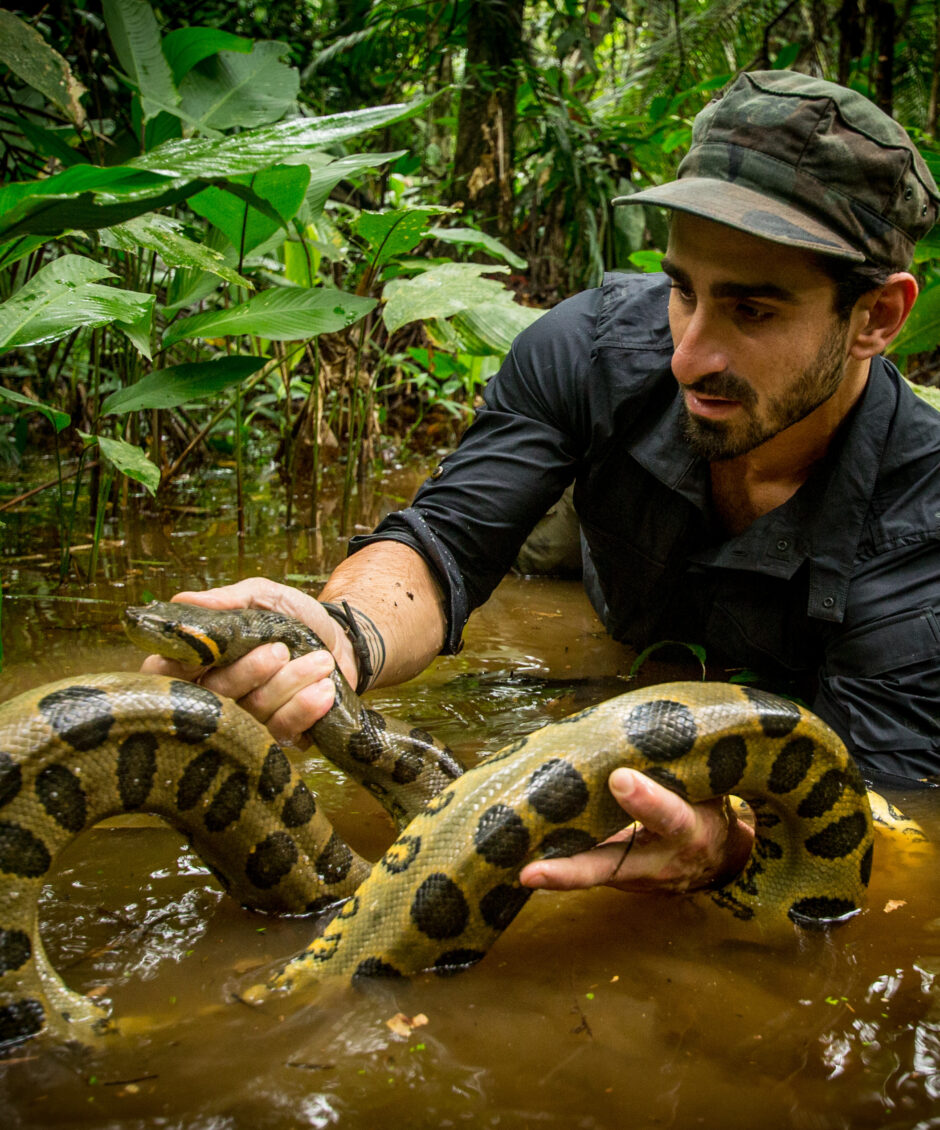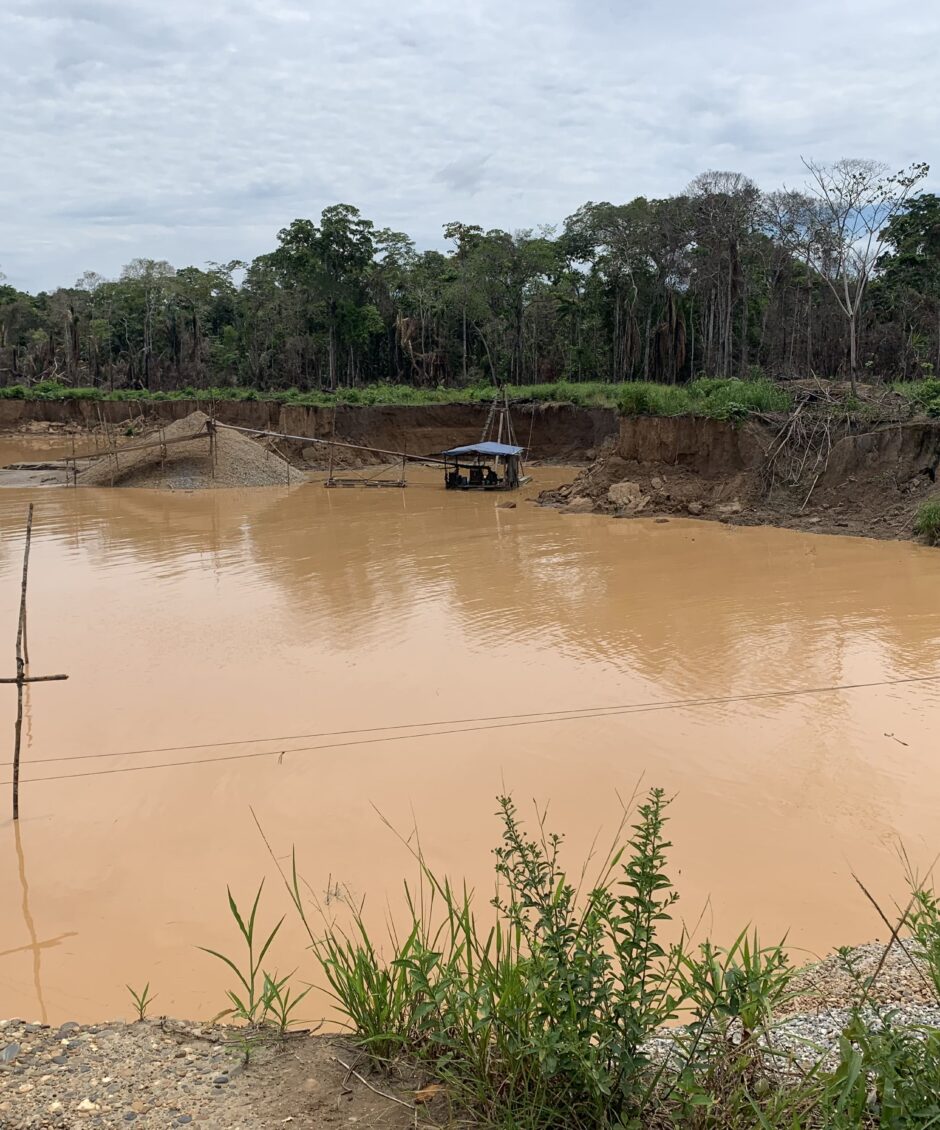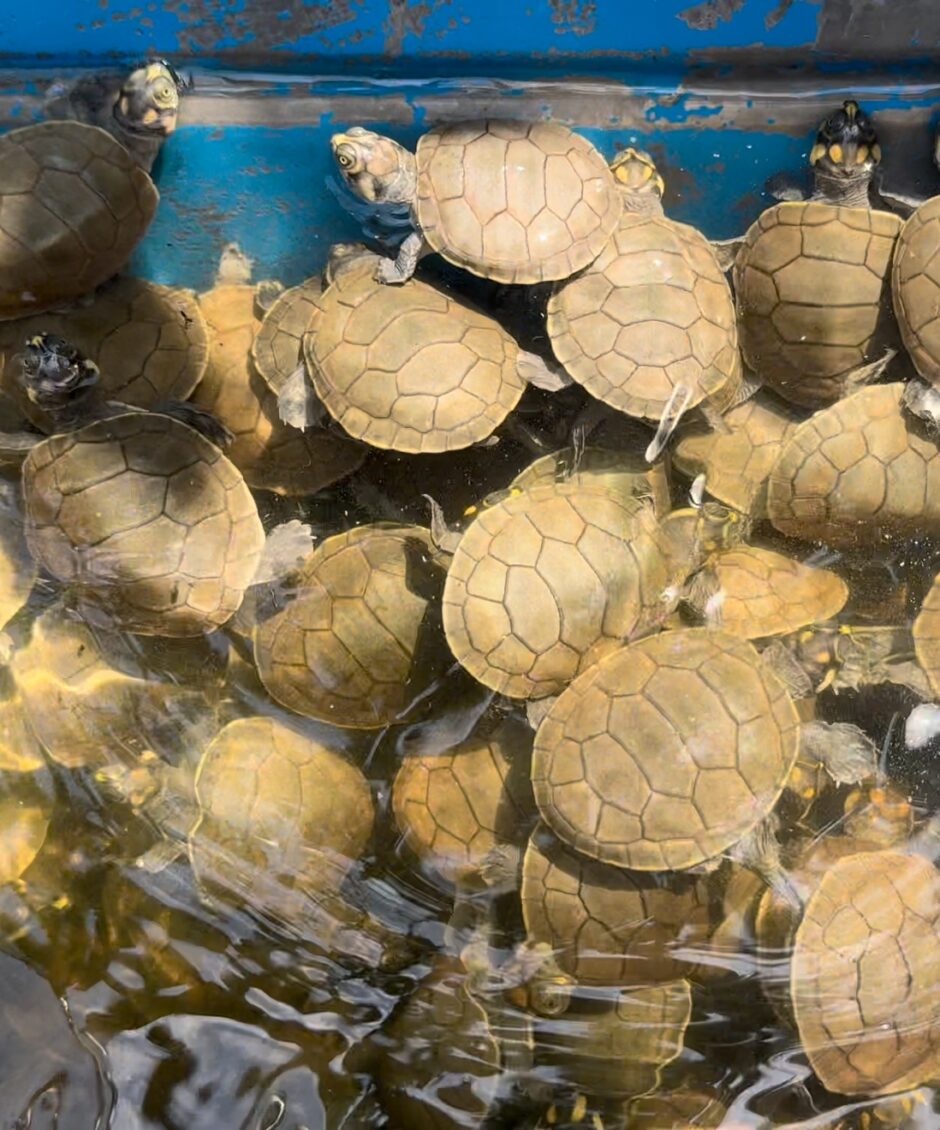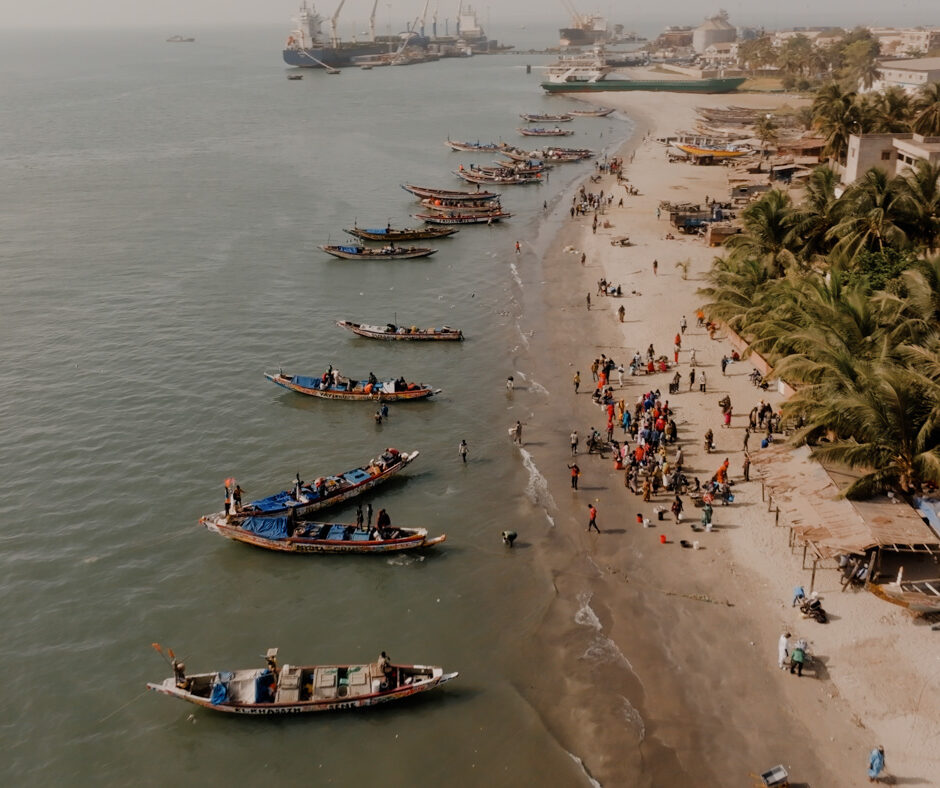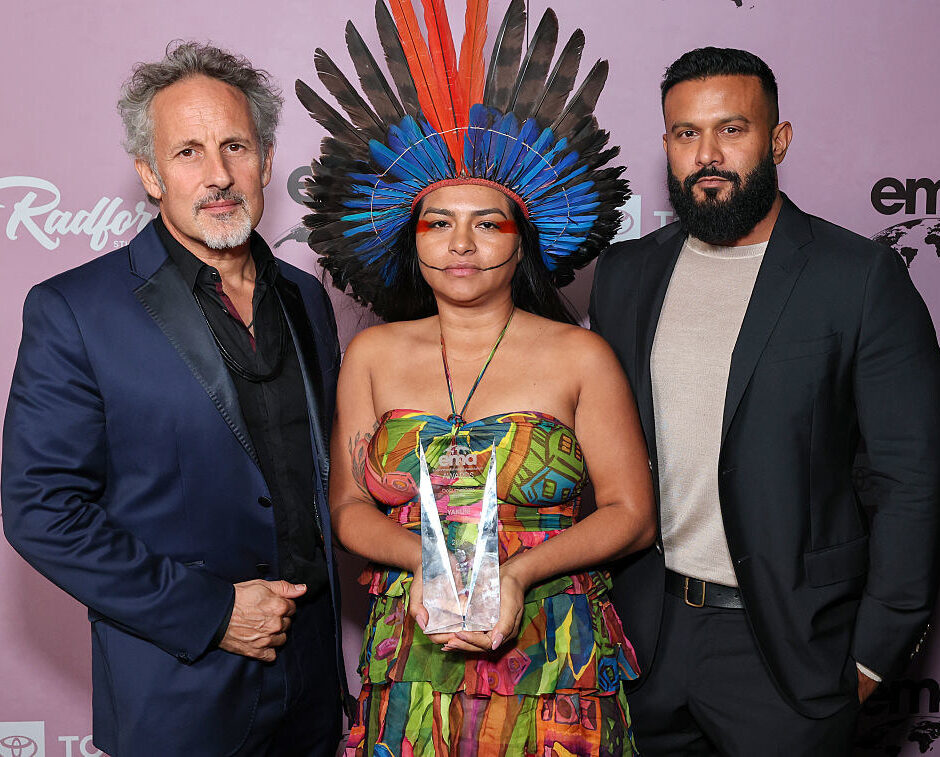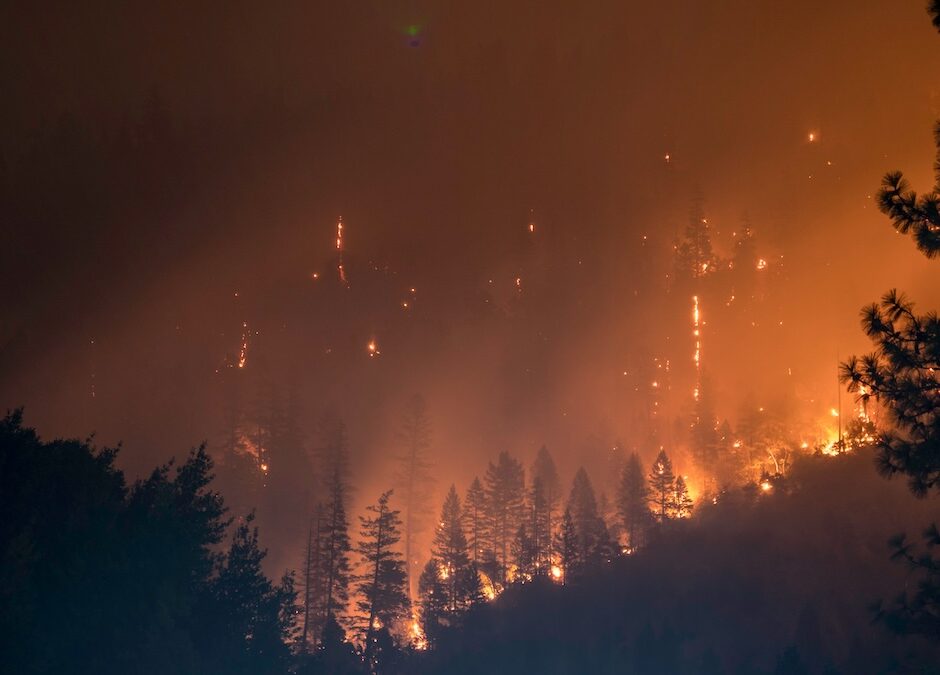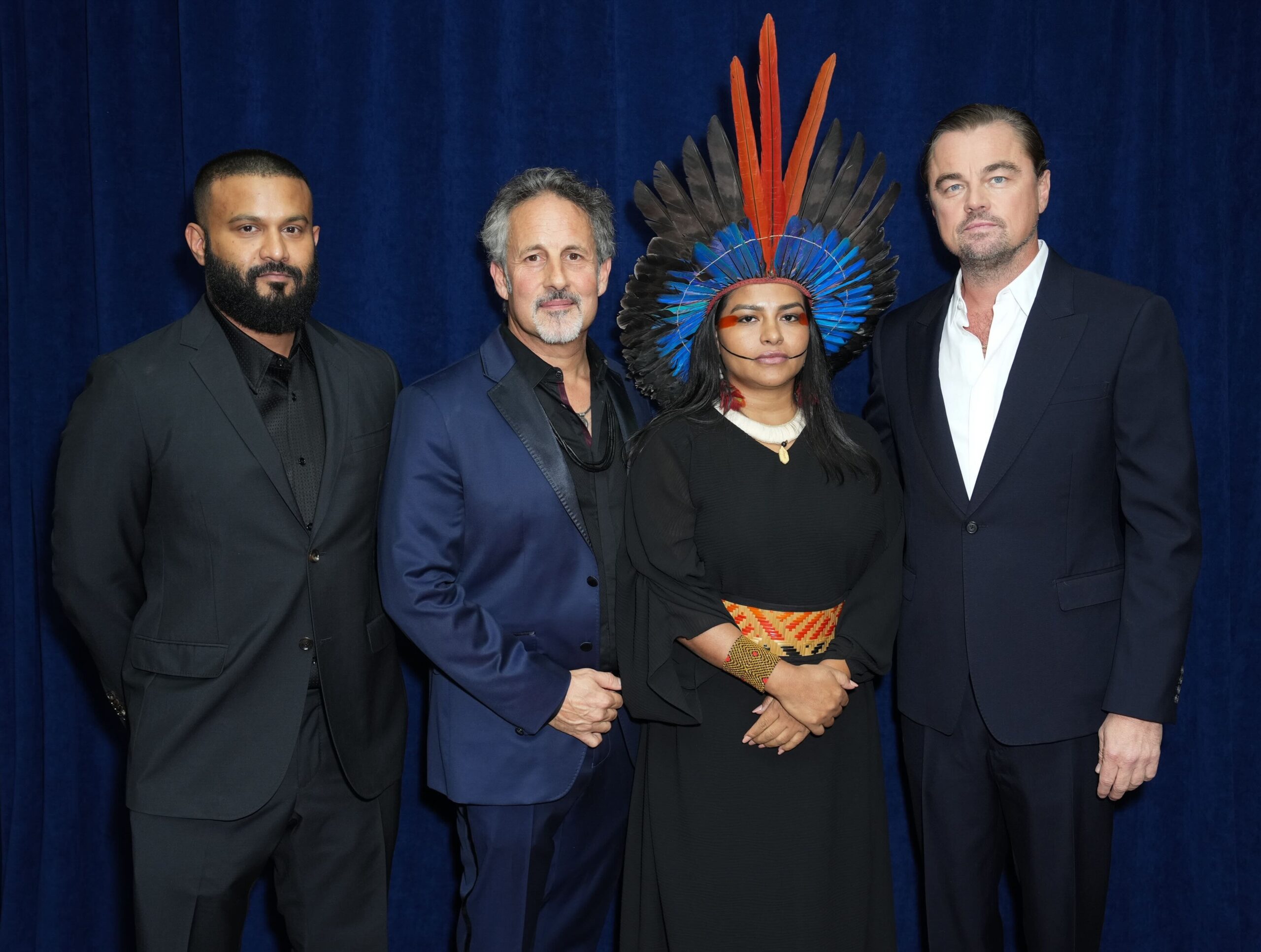Puerto Nuevo Indigenous Community Secures Land Title After 25 Years of Effort
Article
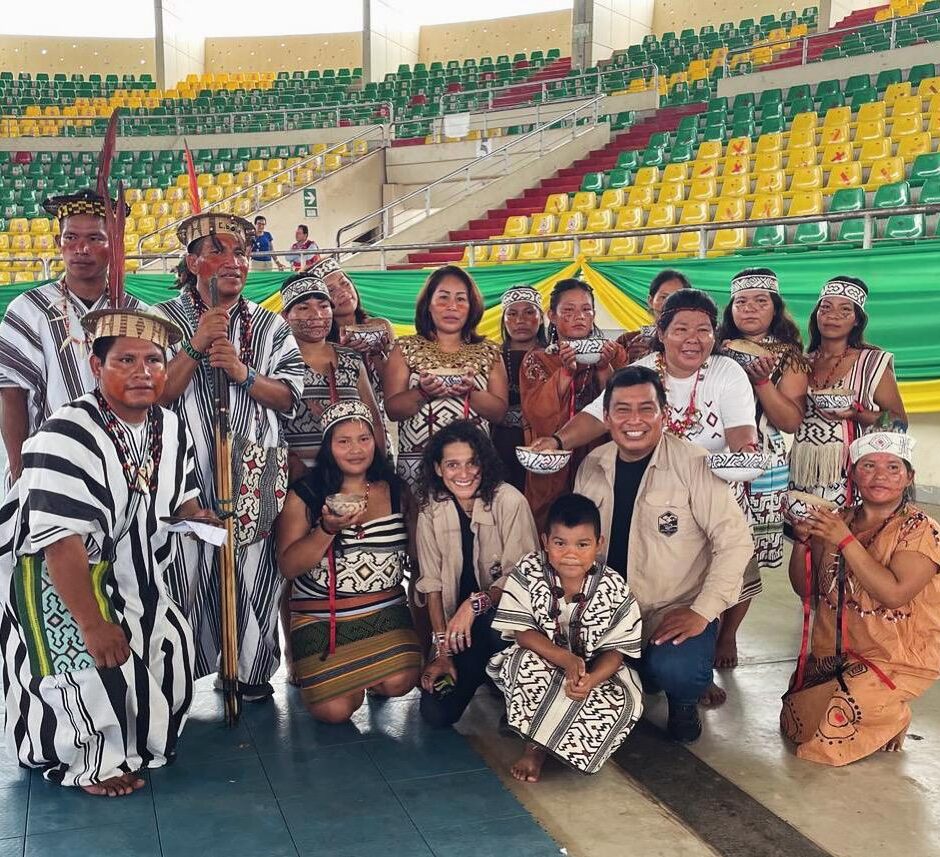
Puerto Nuevo, a small community in the Amazon, acquired a land title after 25 years of fighting for legal recognition. This legal status is crucial for protecting their forest-based lifestyle from external exploitation — Junglekeepers Founder and Field Director Paul Rosolie explains why.
Author
Paul Rosolie
Topics
rainforest land worldwide. Whether in Indonesia, the Congo, India, New Guinea, or the Amazon, the vast wildlands that remain intact are often those under the stewardship of Indigenous people who call them home.
At its core, Junglekeepers is an Indigenous-led collaboration dedicated to protecting some of the most pristine lands in the western Amazon. These lands, rich with biodiversity and potential medicinal compounds, are not only vital for climate stabilization but also home to some of the most threatened Indigenous cultures on Earth.
While much focus is placed on biodiversity conservation, the challenges facing Indigenous cultures often receive less attention. For centuries, they have faced gradual dissolution, with many facing existential threats. In North America, many Native American cultures were forcibly removed from their ancestral lands and compelled to adopt the ways of their oppressors. In the Amazon, communities that have lived in harmony with the forest for millennia are experiencing rapid changes driven by economic pressures, external temptations, expanding roads, and ecosystem degradation. These factors are eroding traditional knowledge and practices among Indigenous youth.
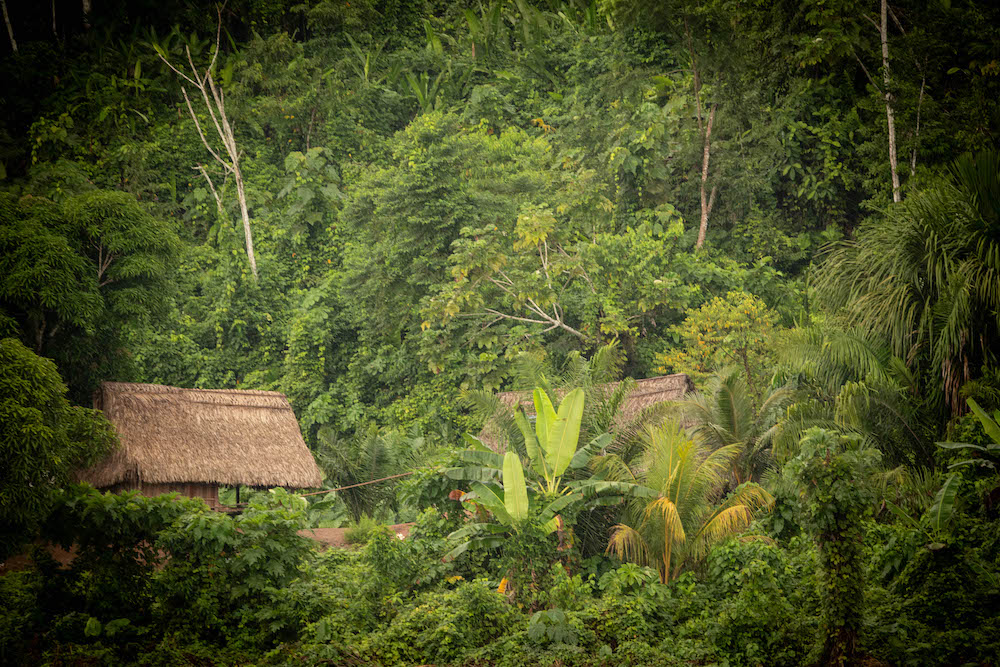
On the Las Piedras River, a small community called Puerto Nuevo has been striving for 25 years to secure official title to their land. This community relies heavily on the forest for sustenance, engaging in activities such as hunting, fishing, and trading timber and labour for essential supplies like gasoline and medical care. The connection between the people of Puerto Nuevo and the forest is profound and integral to their way of life.
When Junglekeepers began working with Puerto Nuevo, we started by asking the community directly about their needs. While there were various requests—such as improved education, better medical care, and sustainable development programs—the most pressing need identified was securing official land title from the Peruvian government.
The community leaders expressed a deep-seated mistrust of external help, fearing that promises from outside organizations might turn out to be empty. However, Junglekeepers has built a genuine connection with the river communities. Many of our rangers are from these communities, and our directors and staff have maintained regular visits to interact, support, and celebrate with Puerto Nuevo.
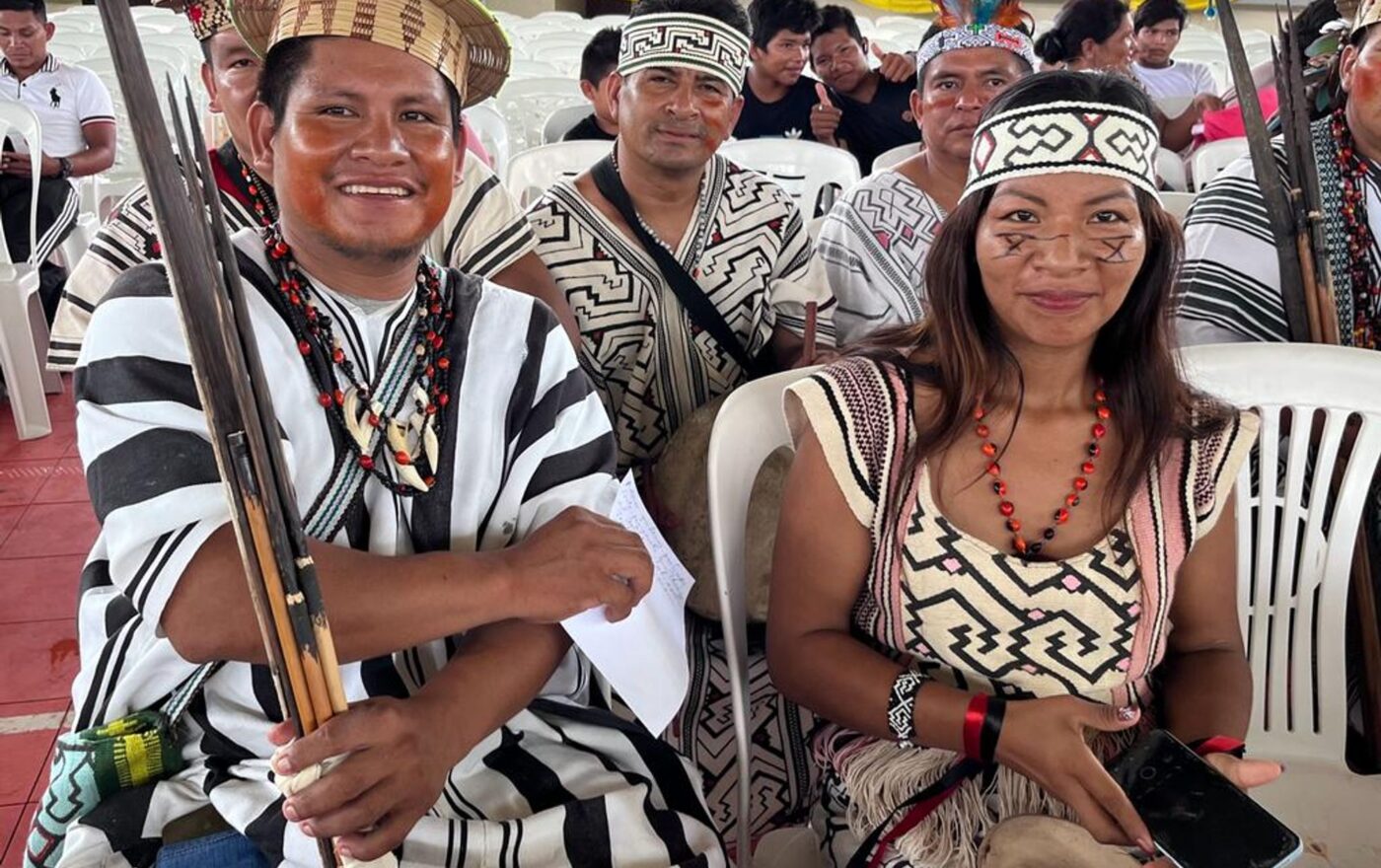
Dina Tsouluhas, Co-founder and Director of Junglekeepers, highlighted the significance of this ongoing relationship: “Our regular visits have fostered a trust and bond that cannot be replicated. Unlike past organizations that came once and disappeared, our consistent presence has demonstrated our commitment and support.”
Securing land titles for Puerto Nuevo has been challenging, partly due to logistical issues. The community is accessible only by a three-day boat journey from the nearest city, with no roads connecting them. Navigating the complexities of government paperwork and procedures has been difficult for people living so far from urban centers. Junglekeepers assisted not only financially but also with logistical support, ensuring that all paperwork, fees, and requirements were addressed.
We also facilitated the visit of specialists to Puerto Nuevo to map the community’s borders using GPS coordinates. This process was time-consuming and required careful coordination, including providing accommodations, travel fuel, and assistance with navigating the bureaucratic maze.
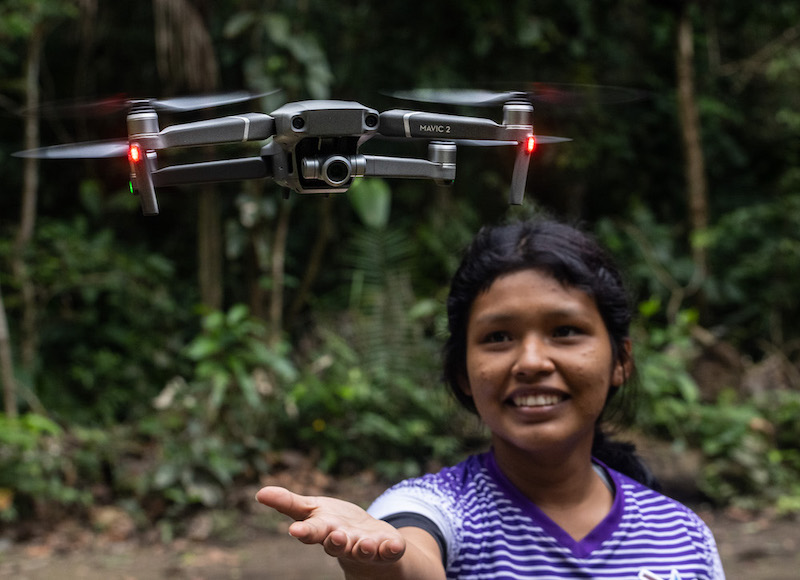
In December 2023, the community celebrated the official recognition of their land title. This achievement marks a significant milestone for the river, the rainforest, and the future of Amazonian children.
As Indigenous communities face numerous external threats, Junglekeepers is committed to fostering long-term relationships and creating a brighter future. Our quarterly visits include environmental education, art lessons, cooking lessons on sustainability, storytelling, and more. The dedicated efforts of the Junglekeepers Rangers are transforming the lives of these children.
Juan Julio Durand observed the change over the past decade: “Ten years ago, visiting the communities was disheartening; people were fearful and isolated. Today, there is a renewed sense of hope and excitement. The future looks brighter, and the community knows they are not alone.”
Credits
Paul Rosolie
Topics
Article written by
Paul Rosolie
Paul Rosolie is an American conservationist and author. He is also the founder and field director of Junglekeepers. His 2014 memoir "Mother of God" details his experiences working in the Amazon rainforest in southeastern Peru.
Related
articles
Explainer, South America
In the Amazon, Gold Mining Leaves a Toxic Trail
Africa, Project
Inside the Fight to Protect Gambian Artisanal Fishermen and Biodiversity From Industrialized Fishing
Project
More articles
News
Age of Union Marks 4 Years of Global Conservation Wins As COP30 Commences in Brazil
News, Other
‘Echoes from Eden’ Book Tour Connects Readers to Urgent Stories of Conservation
Explainer, South America
In the Amazon, Gold Mining Leaves a Toxic Trail
America, Asia, News
What More Intense Wildfire Seasons Mean For People and the Planet
Film
